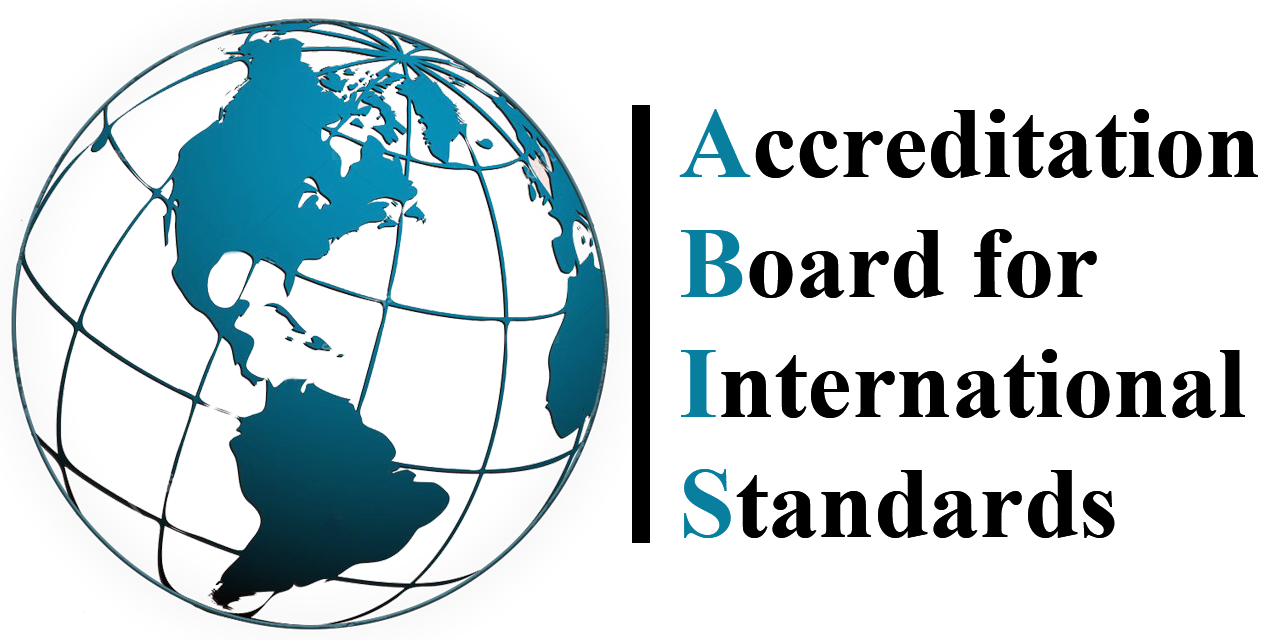ISO/IEC 17025 Accreditation
What is ISO/IEC 17025 Accreditation?
Introduction to ISO/IEC 17025:2017
ISO/IEC 17025:2017 is an international standard that specifies the general requirements for the competence, impartiality, and consistent operation of testing and calibration laboratories. This standard is applicable to all organizations performing laboratory activities, regardless of the number of personnel or the extent of the scope of activities. The aim is to provide a framework for laboratories to demonstrate their capability to deliver reliable and accurate results.
History of ISO/IEC 17025
The ISO/IEC 17025 standard was first issued in 1999 by the International Organization for Standardization (ISO) and the International Electrotechnical Commission (IEC). It replaced ISO Guide 25 and EN 45001. The 2005 version of the standard included significant improvements in the requirements for quality management systems and technical competence. The latest revision, ISO/IEC 17025:2017, introduced a stronger focus on information technology, risk-based thinking, and a more streamlined structure aligned with other ISO standards.




ISO/IEC 17025: Testing Labs vs Calibration Labs.
ISO/IEC 17025:2017 is designed to cover both testing and calibration laboratories. While the core principles and requirements of the standard apply to both types of laboratories, the specific application and focus areas may differ. Understanding the distinctions between testing and calibration laboratories under ISO 17025 helps in appreciating how the standard applies to each.
Testing Laboratories
Testing laboratories perform measurements on products or materials to determine their properties, performance, and quality. They generate data that help in making decisions about the compliance of products with specified requirements.
Key Activities
- Chemical Testing: Analyzing chemical composition and properties of materials.
- Biological Testing: Examining biological samples for characteristics such as pathogens, DNA, and other biological markers.
- Mechanical Testing: Assessing mechanical properties like tensile strength, hardness, and fatigue.
- Environmental Testing: Determining how materials or products respond to environmental conditions like temperature, humidity, and UV exposure.
- Electrical Testing: Measuring electrical properties and performance of components and systems.
Requirements Specific to Testing Laboratories
- Method Validation: Ensuring that test methods are appropriate for the intended analysis and provide accurate results.
- Sampling Procedures: Defining and controlling the process of obtaining samples for testing to ensure representativeness and integrity.
- Handling of Test Items: Managing test items to avoid contamination, degradation, or mix-ups, ensuring that the test results accurately reflect the sample's properties.
Calibration Laboratories
Calibration laboratories perform measurements to determine the accuracy and performance of measuring instruments. They compare the instrument’s output with a reference standard and make adjustments to ensure that the instrument provides accurate and reliable measurements.
Key Activities
Calibration of Measuring Instruments: Adjusting instruments like thermometers, pressure gauges, scales, and other measurement tools.
- Traceability: Ensuring that all measurements are traceable to national or international standards.
- Uncertainty Measurement: Quantifying the uncertainty associated with calibration results to ensure their reliability.
Requirements Specific to Calibration Laboratories
Calibration Methods: Validating calibration methods to ensure they are appropriate and provide reliable results.
Traceability of Measurements: Ensuring that measurements are traceable to recognized standards, such as those maintained by national metrology institutes.
Management of Calibration Items: Proper handling, labeling, and documentation of items undergoing calibration to maintain integrity and traceability.
Benefits of ISO 17025 Accreditation for Both Types of Laboratories
- Demonstrates the laboratory’s competence and reliability to customers, regulatory bodies, and stakeholders.
- Accredited laboratories gain a competitive edge and are more likely to be recognized and accepted internationally.
- Encourages the implementation of efficient processes, reducing errors and improving resource utilization.
- Helps laboratories meet regulatory and contractual requirements, facilitating smoother operations.
- Incorporates risk-based thinking, helping laboratories identify and mitigate potential risks in their operations.
ISO/IEC 17025:2017 provides a comprehensive framework that addresses the unique requirements of each type of laboratory while maintaining a common focus on competence, impartiality, and consistent operation.
Key Requirements of ISO/IEC 17025:2017
Scope
Defines the applicability of the standard to testing and calibration laboratories.
Normative References
Lists the referenced documents that are indispensable for the application of the standard.
Terms and Definitions
Provides specific definitions of terms used in the standard to ensure consistent understanding.
General Requirements
- Impartiality: Ensures that laboratory activities are conducted impartially and structured to safeguard impartiality.
- Confidentiality: Protects the confidentiality of information obtained or created during laboratory activities.
Structural Requirements
Establishes the organizational structure, responsibilities, and the relationship between management, technical operations, and support services.
Resource Requirements
Ensures competence of personnel through appropriate education, training, experience, and skills.
Requires that facilities and environmental conditions do not adversely affect laboratory activities.
- Equipment: Stipulates requirements for the availability, functionality, and calibration of equipment.
- Metrological Traceability: Requires that measurements are traceable to the International System of Units (SI).
- Externally Provided Products and Services: Controls the quality of externally provided products and services.
Process Requirements
Ensures that customer requirements are adequately understood and can be met.
- Selection, Verification, and Validation of Methods: Ensures methods used are appropriate and validated.
- Sampling: Specifies requirements for sample management.
- Handling of Test or Calibration Items: Ensures proper handling of items for testing or calibration.
- Technical Records: Requires detailed documentation of laboratory activities.
- Evaluation of Measurement Uncertainty: Requires estimation of measurement uncertainty where applicable.
- Ensuring the Validity of Results: Requires ongoing monitoring of the validity of results.
- Reporting of Results: Specifies requirements for clear and accurate reporting.
- Complaints: Requires a process for handling complaints.
- Nonconforming Work: Requires procedures for handling nonconforming work.
- Control of Data and Information Management: Ensures integrity and security of data.
Management System Requirements
- Laboratories must establish, implement, and maintain a management system. This can be done in accordance with ISO 9001 or by fulfilling the specific requirements set out in ISO/IEC 17025:2017.
- Emphasizes continuous improvement and corrective actions to address non-conformities.
Benefits of ISO/IEC 17025 Accreditation
Accredited laboratories are recognized internationally, facilitating acceptance of test and calibration results across borders.
Demonstrates the laboratory’s commitment to delivering reliable and accurate results, enhancing confidence among clients and stakeholders.
Accreditation can be a key differentiator in the marketplace, attracting new customers and retaining existing ones.
Risk-based thinking incorporated in the standard helps identify and mitigate potential risks in laboratory operations.
Encourages the implementation of efficient processes and continual improvement, leading to better resource utilization and reduced costs.
Assists laboratories in meeting regulatory and contractual requirements.
Ensures that laboratory services consistently meet customer requirements, leading to higher levels of customer satisfaction.
Promotes ongoing training and development of personnel, contributing to higher levels of competence and morale among staff.
ISO/IEC 17025:2017 focuses mainly on impartiality, confidentiality, and consistent operations ensures that accredited laboratories provide high-quality, reliable, and trustworthy results. The benefits of ISO/IEC 17025 accreditation extend beyond the laboratory, positively impacting customer satisfaction and regulatory compliance
